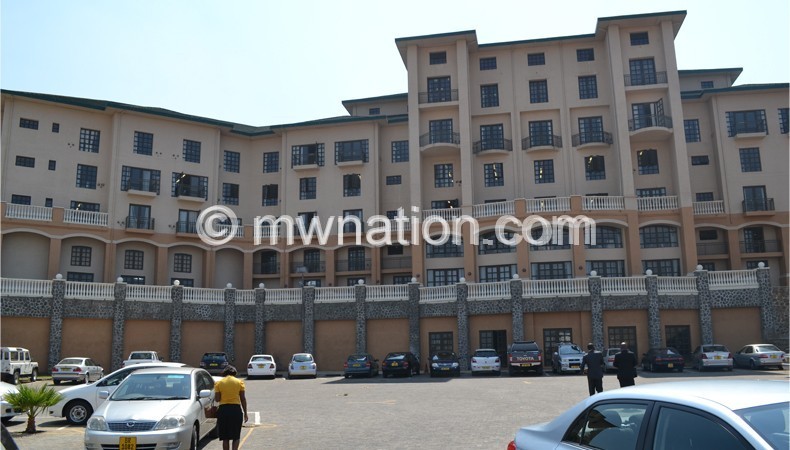MRA to boost revenue collection in 2016
The Malawi Revenue Authority (MRA) has said it will employ new strategise, that will include widening the tax base to boost tax collection in next six months.
MRA Commissioner General Thom Gray Malata told Business News on Wednesday the measures apart from enforcement of Electrical Fiscal Devices (EFD) through extensive awareness campaigns by mobilising consumers to demand EFD receipts, MRA is installing a new system called the Integrated Tax Administration System (ITAS).

“We are going to widen the net and we are introducing Integrated Tax Administration System [ITAS], which is a computerised system. Currently we are running manually, but we are going to put a very robust tax administration system that will be web-based and will simplify our work and widen our tax base in the process,” Malata said.
He said MRA has engaged contractors Techno Brain and Crown Agents of UK to supply, configure and implement the system.
MRA expects the ITAS system to help automate the collection procedures for the domestic taxes and will aid tax payers access their import information online.
Besides, the MRA boss also urged Malawians to be responsible by paying taxes voluntarily to ensure that government has enough revenue to provide public services.
Recently, the Economics Association of Malawi (Ecama), through its communiqué, urged MRA and Reserve Bank of Malawi (RBM) to strengthen their roles in collecting and tracking export proceeds in order to boost domestic tax revenue.
While economist Ben Kalua said the decline in economic activity has been a key factor underpinning poor performance in domestic tax revenue collection by MRA.
Malata though is upbeat that MRA will have a positive performance in the year 2016, if the new measures are implemented well.
For the past five months (July to November), total tax revenues collected has amounted K233.6 billion against a target of K247 billion, representing 95 percent of the targeted collections.
Malata said there have been are several reasons for this underperformance, but mainly because of a decline in economic activity due to frequent power shortages and water shortages.
“When the economy is struggling, this also means that a tax payer struggles and eventually in terms of taxes, we will also struggle too,” explained Malata.
Malata also said a decline in importation of dutiable goods due to volatile exchange has also affected MRA’s pursuit to collect more tax revenue.
He said tax collection was also been hit in 2015 by continued unstable prices of agricultural produce at the auction floors.
The domestic economy has continued to struggle for the better part of 2015, with average prices of basic goods and services remaining high, constraining consumer spending in the process.
Overall, the economy, as measured by the real gross domestic product (GDP) grew by 2.8 percent, almost half of an earlier projection of 5.7 percent.





